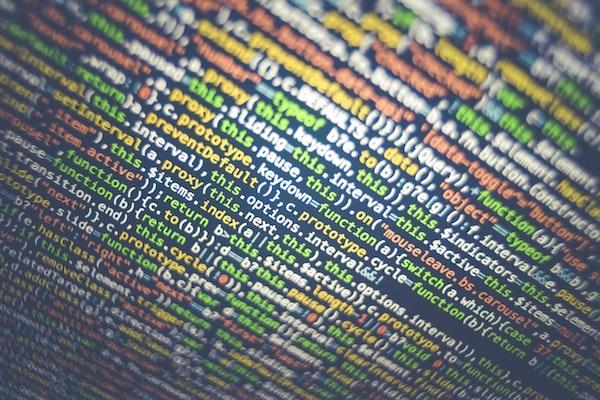As the world increasingly moves online, data protection has become a significant concern for businesses and individuals. A data protection officer is a professional responsible for ensuring that an organization’s data is secure and compliant with data protection regulations. Keep reading to learn more about data protection officers and their role in keeping data safe.
What is a data protection officer?

A data protection officer, or DPO as a service, is an individual who is appointed to help ensure an organization complies with data protection laws and regulations. They are responsible for developing and implementing data protection policies and procedures, monitoring compliance, conducting audits, and responding to data breaches. They also work with customers and third-party processors to ensure that personal data is collected, processed, and stored by the organization’s privacy policy.
What are the qualifications for a data protection officer?

The qualifications for a data protection officer vary depending on the jurisdiction but typically include experience in information technology, data security, and privacy law. Information technology (IT) is the application of computers and telecommunications equipment to store, retrieve, transmit and manipulate data, often in the context of a business or other organizational purposes. IT is considered a critical part of the operations of many businesses today, and as such, it is necessary to have staff who are skilled in its use.
Data security is the practice of protecting electronic information by mitigating information risks and vulnerabilities. Data security measures can include firewalls, encryption, and anti-virus software. Information risks can include unauthorized access to data, data corruption, and data theft. Data security is essential for protecting confidential information, such as customer data, credit card numbers, and trade secrets.
Privacy law is essential for understanding the implications of data processing and protecting the privacy of individuals. A data protection officer must have a deep understanding of these areas to protect data effectively.
What are some data protection laws and regulations?
There are a variety of data protection laws and regulations, but some of the most important ones are the Health Insurance Portability and Accountability Act (HIPAA), the Children’s Online Privacy Protection Act (COPPA), the General Data Protection Regulation (GDPR), and the California Consumer Privacy Act (CCPA). HIPAA is a federal law that protects the privacy of patients’ medical information. It requires healthcare providers and insurers to take measures to protect patients’ information, such as by using encryption and firewalls.
It also gives patients the right to access their medical information and to request that it be amended if it is inaccurate. COPPA is a federal law that protects the privacy of children online. It requires websites and online services to get parental consent before collecting, using, or sharing children’s personal information. It also gives parents the right to access their children’s information and to request that it be deleted. GDPR is a new EU data protection law that replaces the 1995 EU Data Protection Directive.
It strengthens EU data protection rules by giving individuals the right to control their data, including the right to access it, amend it, and delete it. It also imposes fines for companies that violate its provisions. The CCPA applies to all California residents and any company that processes the data of California residents, regardless of where the company is located. The CCPA requires companies to get explicit customer consent before collecting, using, or sharing their data.
Companies must also provide customers with clear and concise information about their rights under the CCPA and ensure that customers can easily exercise their rights. The CCPA also imposes significant fines for companies that violate its provisions, including up to $7,500 per violation.

